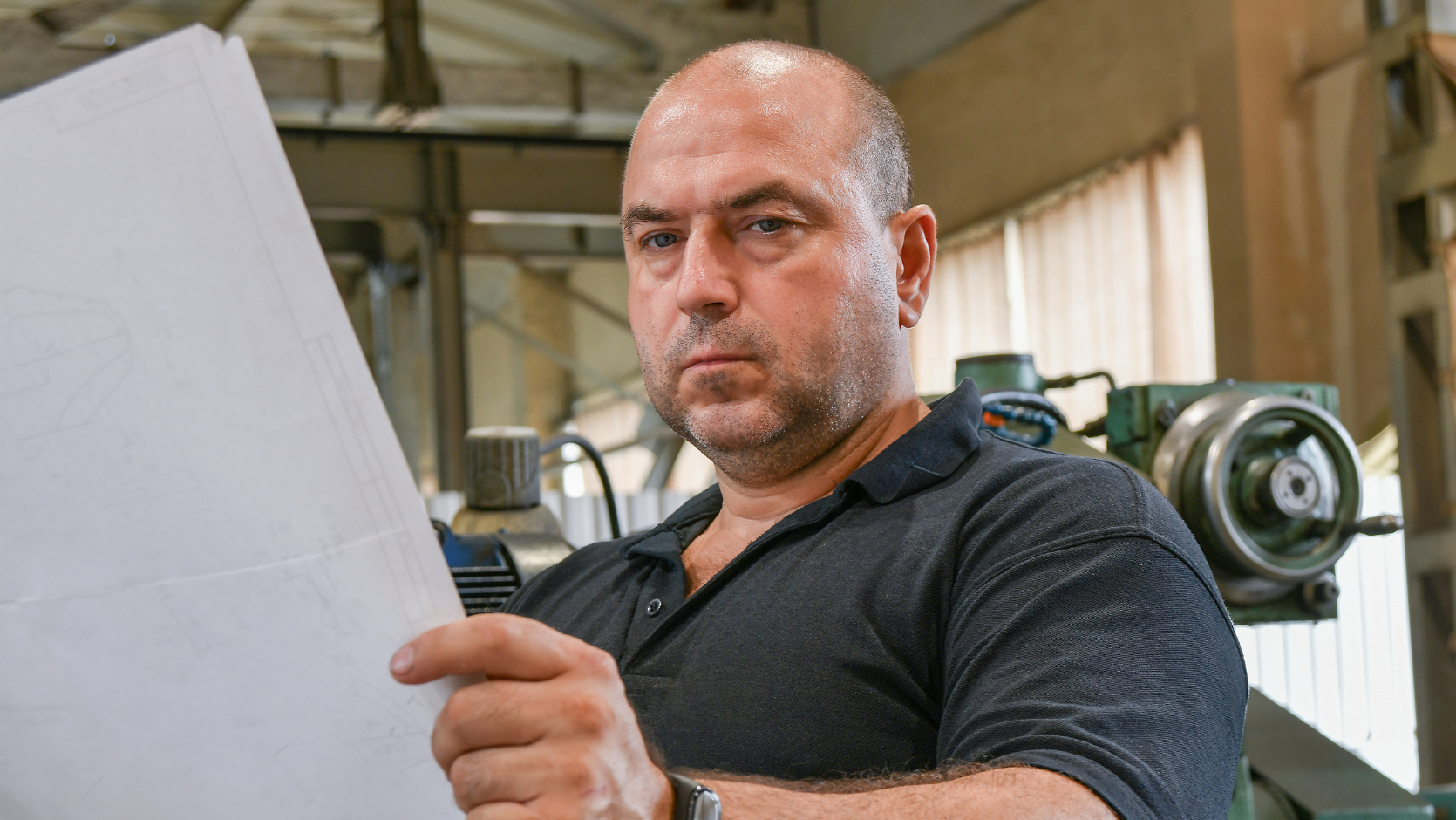The Facts
Parents plan to distribute wealth between four children
A husband and his wife had four children. Conveniently, they also owned four properties.
The parents decided to give their children one property each as their inheritance, with some financial adjustment to account for the difference in value between the properties.
The two daughters were each to receive a property while the parents were still alive, while the two sons had to wait until after their parents died to receive their share.
Deed of family arrangement and threat of disinheritance
The parents created a deed of family arrangement the four children were all required to sign, agreeing that they would not challenge the property transfers to take place under the terms of the deed or challenge their parents’ wills in any way after they died.
One daughter said that she would not sign the deed until she obtained independent legal advice. However, her father told her that if anyone obtained their own legal advice, the deal would be “off the table” and he would cut that person out of his will.
The other daughter also confirmed that the father had insisted the children accept the deed without legal advice and without compromise – “take it or leave it”.
Threat of eviction and daughter’s precarious marriage
The daughter who initially resisted signing the deed was living at the property she was to inherit. She claimed that she came under considerable pressure to sign the deed and was told by her father’s solicitor: “Sign the contract or leave the property. You could be evicted from the property if necessary.”
It was particularly significant that the daughter did not obtain legal advice about the deed transferring the property to herself and her husband, rather than to her alone. The deed was structured in this way even though it was commonly known within the family that the daughter’s marriage was precarious.
Nevertheless, after a delay of several months, the daughter signed the deed and the property was transferred to her and her husband.
Soon after the deed was signed, the daughter’s marriage did indeed break up and the property she had received became part of the matrimonial asset pool, to be divided between the ex-spouses.
Father dies and daughter brings family provision claim against estate
After the father died, the daughter who was reluctant to sign the deed brought a family provision claim against his estate, claiming that the deed she had signed was voidable because her signature was procured by undue influence, unconscionable conduct and duress.
She argued that as she did not receive legal advice about the implications of the deed, she could not have released her rights to make a family provision claim by signing it.
In bringing the family provision claim, the daughter claimed her father had not made adequate provision for her proper maintenance, education or advancement in life.
Daughter’s poor health disputed by son
The daughter suffered from multiple health problems which began when she was a child and continued through her adolescence and adult life.
While she provided the court with considerable evidence of her medical conditions, her brother, who was the executor, disputed her allegations of poor health, saying he had no knowledge of the ailments she claimed to have had as a child or teenager and stating that he did not believe she had any of the illnesses she attributed to her adult life.
It was up to the court to determine whether, in all the circumstances, the daughter should receive anything more of her father’s estate.














Expert commentary on the court's decision
Supreme Court of NSW finds in favour of daughter
In the matter of Last v Lewis [2022] NSWSC 791, the Supreme Court of NSW found in favour of the daughter, Robyn Janet Last.
Her brother, Kevin John Lewis, who was executor of the estate, was unable to rely on the deed created by his parents, Edna Leonne Lewis and Leslie William Lewis, to prevent Robyn making a family provision claim on estate.
The court did ultimately make a family provision order, which was paid out of the estate.
Did Robyn sign the deed of her own free will?
The effect of the deed for the purposes of Robyn’s family provision application depended upon whether the court would approve the release in the deed. To do this, the court had to consider the terms on which the release had been agreed and the circumstances of the case.
Although Leslie and Edna’s children other than Robyn executed the deed relatively freely, the arrangement put to them by Leslie was completely inflexible.
Robyn executed the deed in the fear that she really had no choice if she wished to receive the early inheritance and retain the property where she lived as her home. The court took the view that such fear limited Robyn’s capacity to assess the deed in a calm and rational way.
The court determined that Robyn did not enter the deed of her own free will. Rather, she only did so under considerable pressure from her father, which meant that she was unable to give due consideration to the advantages and disadvantages to her in entering the deed.
This meant that Robyn’s brother Kevin, as executor of the estate, could not rely on the release in the deed due to the circumstances in which the deed was signed.
Was Robyn eligible for a family provision order?
Section 59 of the Succession Act grants the court power to make an order for further provision out of the estate of a deceased person in favour of an eligible person if the court is satisfied that the will of the deceased person has not made adequate provision for the proper maintenance, education or advancement in life of the eligible person.
Although Robyn ultimately executed the deed, she did so under pressure and with strong reservations about the fairness of its terms. When considering the family provision claim, the court weighed the significance of the deed carefully in considering whether Robyn’s father had made adequate provision for her.
The view of the court was that Robyn suffered from a greater than ordinary level of debilitating illness which was likely to progress in a way that would cause her substantial discomfort and impinge on her mobility.
The court agreed there was a strong likelihood that Robyn would incur substantial expenses for future medical treatment.
Deed fails to achieve intended results
While the parents, Leslie and Edna, had tried to divide their estate equally between their children, the way it was done did not necessarily achieve that result.
Neither did the deed achieve its important objective of preventing any legal challenge to the wills of the parents after their demise.
The court found that Leslie Lewis had not made adequate provision by his will for Robyn’s proper maintenance, education or advancement in life and her family provision application was successful.
The estate of Leslie Lewis was valued at over $7 million. The court ordered that Robyn receive a lump sum payment of $425,000 from the estate to help her meet the future contingencies of life.
No such thing as a claim-proof estate
There is no legal equivalent of a silver bullet that can protect an estate from having a claim made against it. Even a deed of family arrangement such as the one discussed in this case is subject to the court’s approval.
Distributing an estate in advance of death requires careful consideration of the parties’ circumstances. Any agreement which is designed to serve that end must be drafted carefully to reduce the risk of a future claim being made on the estate.